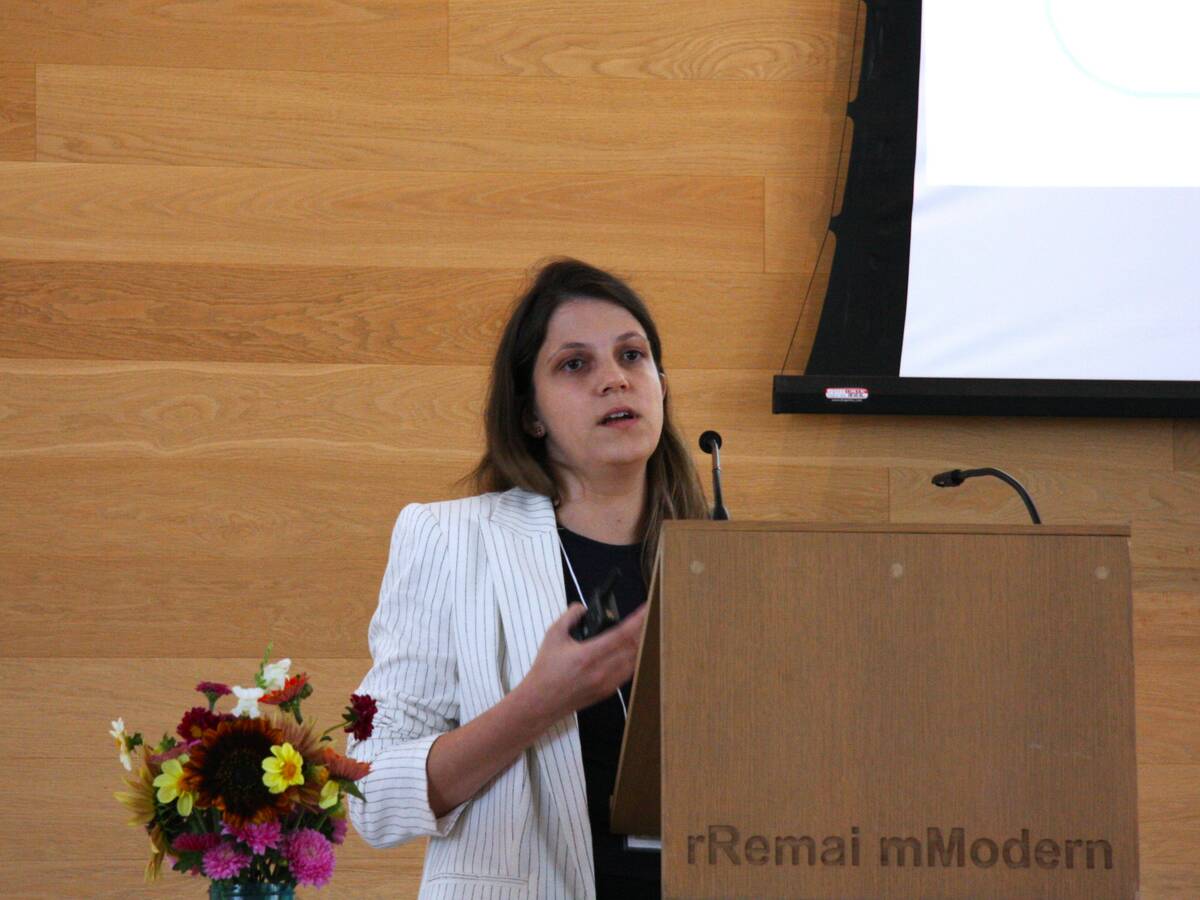Some arguments not heard because the panel considered them redundant
Canada is challenging a World Trade Organization panel ruling against U.S. country-of-origin labelling.
The WTO dispute settlement body ruled in November 2011 that COOL violates U.S. trade obligations. The U.S. announced its appeal of that decision March 23.
Canada also filed an appeal at the end of March, saying that if the dispute panel finds in favour of the United States, it must still rule on other points Canada raised in its initial challenge.
The original WTO panel did not rule on some of Canada’s arguments because it accepted the basis of the challenge and thus considered additional arguments redundant, said John Masswohl, director of government and international relations with the Canadian Cattlemen’s Association.
Read Also

Fusarium head blight mycotoxin detector in the works
A PhD student at the University of Saskatchewan has been working on developing a method of detecting fusarium damaged kernels to ease the struggles of producers, agronomists and industry.
The CCA is working with the federal trade department on the COOL file.
Masswohl said the appeal is pro forma and expected in any trade dispute. It says that if the WTO dispute settlement body finds in favour of the U.S. on appeal, Canada wants it to also consider several points made on its original challenge that were not previously addressed.
Masswohl said Canada disputes the part of the original ruling that indicates COOL had a legitimate objective within the WTO agreement on technical barriers to trade.
Canada argues that the U.S. could have taken less restrictive measures to meet its stated objective of informing consumers.
“We actually think that they could achieve the objective through a combination of mandatory and voluntary, which they did not try,” he said.
Masswohl said oral hearings on the appeals are scheduled in the first week of May. The appeal body is expected to give its report to governments no later than the end of June.
Adoption of the report by WTO members is expected by the end of July.
Masswohl said he had no predictions on the outcome, but the U.S. appeal doesn’t appear to point out any errors in the panel’s original interpretation.
“An appeal is not supposed to be another kick at the can, which the way I read the U.S. submission, that’s all they’re doing,” he said.
“But I suppose the appeal body could see things differently than I do.”
In another wrinkle involving the WTO ruling against COOL, the U.S. Department of Agriculture last week withdrew a letter from U.S. agriculture secretary Tom Vilsack that formed part of the original WTO complaint.
In the letter, dated Feb. 20, 2009, Vilsack suggested voluntary action on COOL in addition to that already legislated.
The WTO found in November that the letter “went beyond certain obligations under the COOL measure, and that the letter therefore constitutes unreasonable administration of the COOL measure.”
In withdrawing the Vilsack letter from the equation, the USDA said it had found compliance with COOL in the U.S. was high so there is no need for additional regulations.
COOL, which came into effect in 2008, calls for labelling on various meat products to indicate their countries of origin.
The rules forced American packers to segregate animals and meat from Canada, discouraging them from buying Canadian product and costing Canadian cattle and hog producers millions in lost sales.















